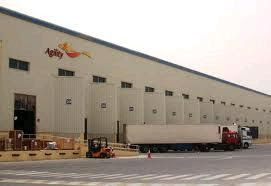Payment Method: Open Account and Consignment Account

Under this arrangement, the seller gives a certain credit period to the buyer to pay the purchase price of the goods for example 60 days after the shipment of the goods or 30 days from the invoice date and so on. The goods are forwarded directly to the buyer. The invoice, insurance policy and shipping documents like bill of lading, delivery order or airwaybill are also dispatched directly to the buyer to enable him to take delivery of the goods and dispose of them. On agreed due date, the buyer makes payment accordingly. The open account payment method is commonly practiced in trading within the country i.e. local trade. Factors to be considered are: The Buyer Compliance of the contract requirements such as prompt delivery of the goods to third party buyers; prompt payment on the respective due dates to continue good track records, Foreign exchange risk. The Seller Payment made only after shipment or delivery; Buyer's credit risk and integrity; Buyer's country risk - exchange c...



